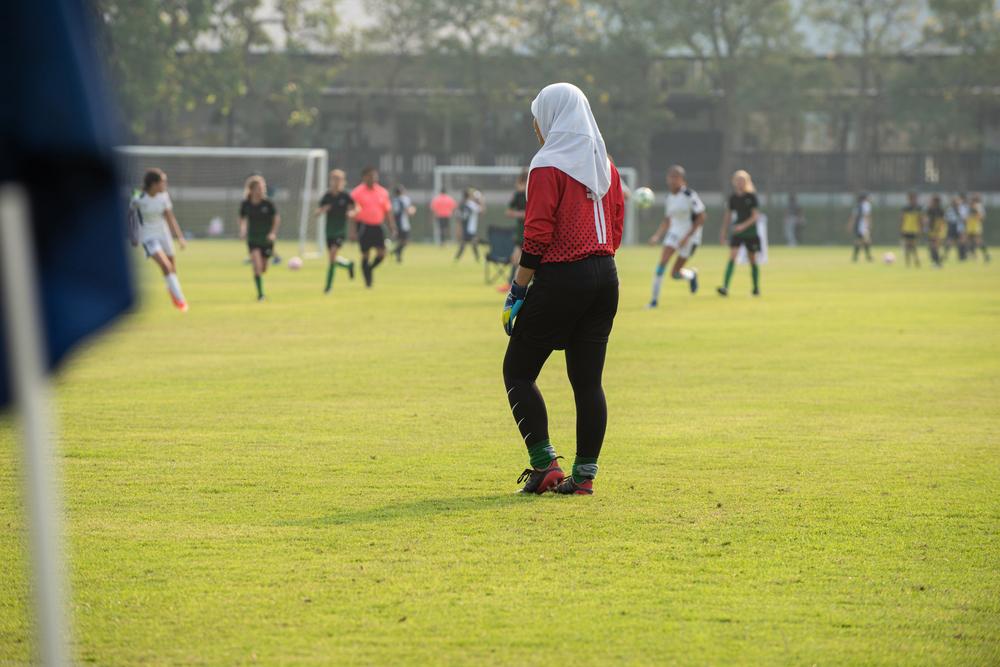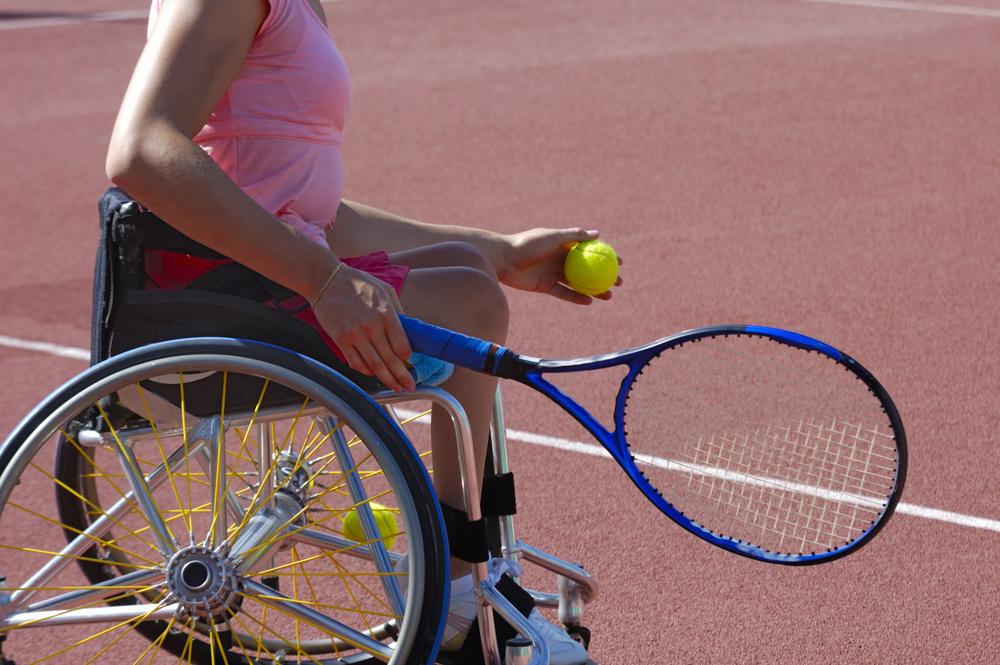 Content Warning: This article contains mentions of abuse and/or assault.
Content Warning: This article contains mentions of abuse and/or assault.
Some of the worst things parents hear and see at youth sports competitions come from other spectators in the stands and along the sidelines. Sometimes it’s criticism taken too far, and other times it can be truly hurtful language or actions directed at players, coaches, or other spectators. When it happens, however, bystanders are left to consider what they should – and shouldn’t – do about it.
Deescalation is the number one objective of dealing with disrespect on the sidelines or in the stands. The focus of any youth sports competition should be to provide a supportive and safe environment for the young athletes. Calmer heads must prevail.
What Coaches Can Do
Coaches are unfortunately frequent targets of disrespectful comments and behavior from spectators. However, they also set the tone for the team and can do the same for the fans and parents as well. While it may be unrealistic for the head coach of a NCAA Division I football program to address troublesome spectators directly, youth sports coaches may be able to speak with some or even all spectators (mostly family members) supporting the team.
It is important for coaches to:
- Be the calmer person. If a parent or spectator is confrontational, acknowledge the person’s frustration and perhaps agree to discuss it later, but avoid getting drawn into a heated exchange.
- Set a standard on the sideline that offensive and abusive language is not tolerated, by anyone, nor directed at anyone.
If a coach sees or hears abusive parent-on-official behavior, they should calmly explain that the call is the call and needs to be accepted as such. Coaches not critiquing the officials themselves also goes a long way in communicating what is to be expected of a team’s parents, as does addressing these expectations in pre-season league and team meetings (see below).
What Parents Can Do
When the target of the abuse is a youth athlete (on any team), parents should make it clear at the next appropriate moment that such behavior is not tolerated. One of six positive parent spectator behaviors a 2011 study identified was protective intervention, meaning parents should protect their children from harm, but not create conditions that will lead to potential conflicts (Omli, and Wiese-Bjornstal, 2011).
While making it clear boorish behavior isn’t appropriate sounds good in theory, many people feel uncomfortable confronting a disrespectful spectator and such an interaction can can quickly devolve into a shouting match that does more harm than good. However, using your voice and actions to make the sidelines a more supportive and positive environment can go a long way to discouraging bad behavior.
- Cheer, don’t sideline coach. Yelling instructions to youth athletes (especially when they contradict the coach’s instructions) only confuses and overwhelms them. Instead, encourage and praise good efforts from your athlete, as well as others’ kids.
- Resist the urge to critique. Whether they are players on your athlete’s team or the opposition’s, the primary goals are to learn and have fun. Being critical of another person’s child is a quick way to get under another parent’s skin.
- Do not yell at the refs. In youth sports, officials are often not that much older than the athletes, and are often volunteers. As discussed in the article about teaching respect for referees and umpires, yelling at officials creates a caustic environment for everyone.
- Tell a coach or a league official about bad behavior. If another parent’s poor behavior is a persistent problem and you don’t feel comfortable discussing it directly with that parent, talk with the team’s coach or a league administrator.
Positivity is contagious and can easily drown out the negativity of one unruly parent. Focusing on having a fun, supportive, and encouraging environment can help maintain a positive atmosphere for both athletes and the other parents on the sideline.
Preventing Disrespect Before It Starts
Of course, the best way to deal with disrespect from the sidelines is to prevent it altogether. Youth sports organizations around the country have come up with creative ways to nip this kind of behavior in the bud. Many youth sports organizations and even cities have codes of conduct parents must sign at the beginning of the season. Others have instituted a $5 fine system to spectators who are verbally abusive. And the Inman Youth Association in South Carolina enforces a zero tolerance policy toward disrespectful behavior from the sidelines.
Many other youth sports teams and organizations require parents to take and pass one of many online parent-focused courses that teaches appropriate sideline behavior. One from the Parents Association for Youth Sports offers a 40-minute video tutorial, followed by a code of ethics pledge.
The pledges, codes of conduct, and online courses don’t prevent all instances of sideline disrespect, but they can be helpful by setting clear expectations for parents and getting spectators to pause and think about how their behavior has the potential to negatively affect young athletes.



